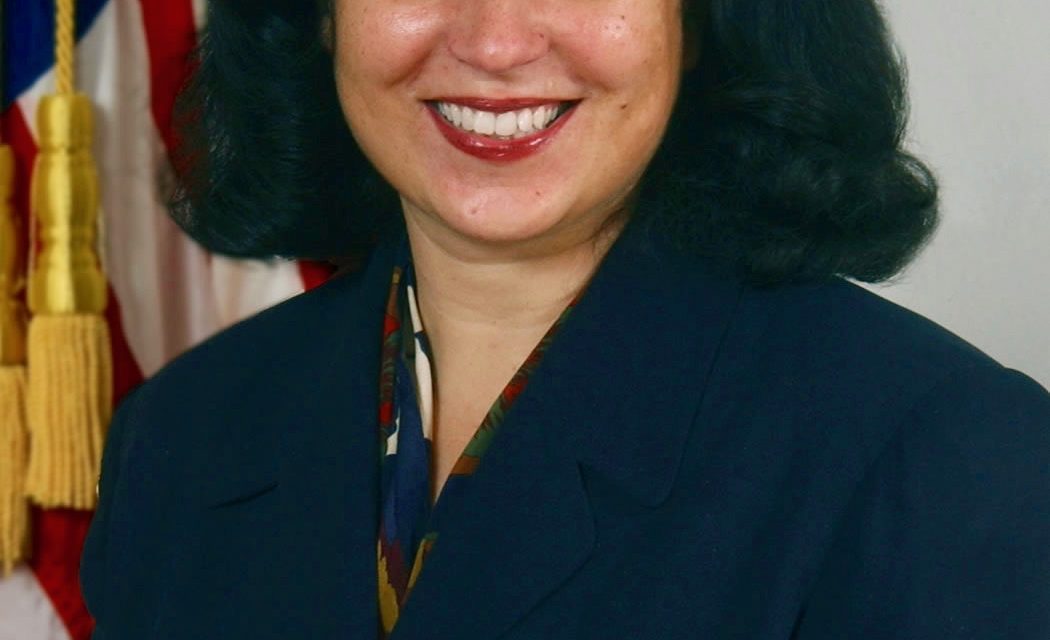By Fred Gardner, O’S Summer 2009 As the Bush gang was exiting stage right in January, a “final” DEA decision was issued in the case of Craker v. DEA. But it might not be final after all.
Craker is the UMass-Amherst botany professor who applied in 2001 for a DEA application to grow marijuana for use by FDA-approved medical researchers. After a three-and-a-half-year runaround he was turned down on the grounds that the nation’s one licensed grower, Mahmoud ElSohly of the University of Mississippi, was meeting all the researchers’ needs.
Craker appealed and after a few more years won –in the opinion of the Administrative Law Judge who heard the case- but after another year-plus of “review,” Acting DEA Administrator, Michele Leonhart, issued the supposedly “final” rejection of Craker’s application.
Craker, with legal help from the ACLU and Julie Carpenter of Jenner & Block (working pro bono), filed a “motion to reconsider,” hoping to extend the life of the case until Obama appointees are giving orders at DEA.
Caren Woodson of Americans for Safe Access helped convince Rep. John Oliver (D-MA, whose district includes Amherst) and 15 co-signers to send a letter urging AG Holder to grant the motion to reconsider. Leonhart, perhaps sensing a shift in the political winds, then gave Craker’s lawyers additional time to file a response to the “final” ruling.
As we go to press the DEA has still not issued its response to Craker’s motion to reconsider. The best-case scenario, according to Craker’s longtime backer Rick Doblin, would be that political pressure induces the DEA to reverse its final ruling and give Craker the license.
Worst case? “We fail to gather sufficient political pressure and we end up having to sue DEA in the D.C. Court of Appeals, which could take years, cost lots of money, and give the Obama Administration a reason to do nothing until the litigation is completed… Unless there is a political decision to let research take place, we could bounce back and forth between DEA and the Court of Appeals for Obama’s entire first term.”
Doblin adds, “I’d say the worst case is more likely, but that our odds for the best case are improving. DEA is on the defensive and needs a new strategy.”



